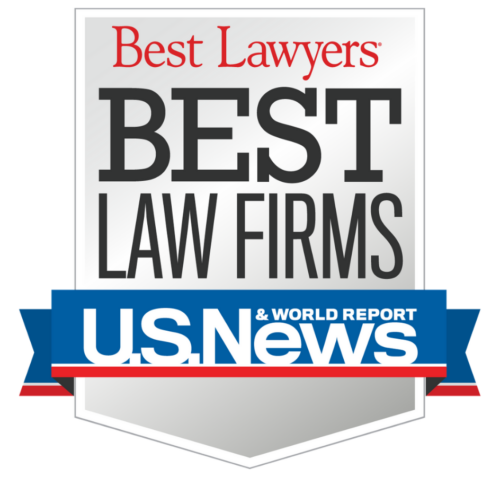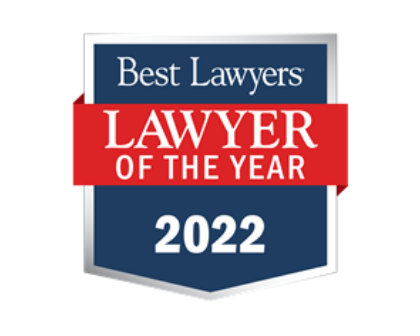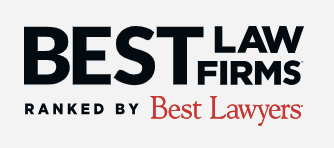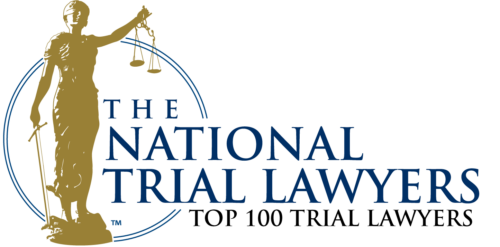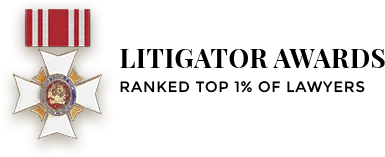Even a minor car accident can leave you with a lasting headache, and not just the physical kind. Mounting expenses from medical treatment, car repairs, and insurance premiums can drain your bank account while legal battles with insurance companies and other drivers can sap your energy. If the vehicle that causes your accident is big – a tow truck, let’s say – the damage and its attendant costs can increase substantially.
If you have been the victim of an accident caused by a tow truck, you may be able to find relief through legal action. Depending on the circumstances, a qualified Bucks County auto accident attorney can pursue the recovery of damages from those responsible for the incident. The legal team at The Reiff Law Firm has more than 40 years’ experience fighting for the rights of clients in personal injury cases. To get the help you deserve during this difficult episode, call The Reiff Law Firm today at (215) 515-3913.
What to Do After You Have Been in an Accident with a Tow Truck
The moments immediately following a car accident can be chaotic and understandably frightening. If you find yourself in a situation like this, you may be left wondering exactly what you should do; remember that your first responsibility should be to check yourself for injuries and seek medical attention after the accident. Because adrenaline is likely flowing through your veins, you may not feel the pain of your injuries until hours later. The important thing is to not neglect your wellbeing if you have just been involved in a collision.
If you think you’re physically able, try to collect all the information you can at the scene. Take special care to gather certain details:
- The name, driver’s license number, vehicle identification number, and insurance information of the truck’s operator
- The name, address, phone number and insurance information for the owner or owners of the tow truck
- The names and contact information of anyone who witnessed the accident; ask them to stay and speak with the police, if possible
- The names and contact information of any passengers in the tow truck
- The names and badge numbers of any police officers who arrive at the scene; be sure to find out when and where you can obtain a copy of the accident report
- Take photographs of the accident scene and the surrounding area, making sure to note any relevant traffic or weather conditions
Philadelphia law no longer requires police to respond to the scene of minor accidents (those with no injuries or damage to the surroundings). If you are involved in a minor accident, keep in mind that the absence of police leaves you largely responsible for collecting pertinent information about the other driver and their vehicle.
Tow Truck Dangers
Often, tow trucks are used in awkward places, in awkward positions, to retrieve damaged or disabled vehicles. This may mean interesting feats of maneuvering on the part of the tow truck operator to get the truck into position. For other drivers on the road, this may create a full or partial obstruction that increases the risk of an accident on the road. If the truck is near a blind turn or corner, other drivers may not be expecting to stop suddenly because of the obstruction, leading to accidents. Further, when maneuvering into position, these trucks may suddenly drift or swerve into other lanes of traffic, especially on tight city streets or on the highway. Avoiding these moves, as a pedestrian or another driver, might be impossible.
Depending on the type of truck, there are other dangers. Some tow trucks use the classic hook design to pick cars up from the bottom, lift the front portion onto their truck, and drive with the rear wheels of the towed vehicle on the road. The hook is often part of a large apparatus that can move and extend. These moving parts create a risk for nearby pedestrians, as well as other tow truck workers. The operator of the truck must use reasonable care when operating the hook, or else might be liable for any injuries they cause. In a rear-end collision, even without towing another car, this hook could be a liability. The hook apparatus may be positioned in such a way that if a car rear-ends the tow truck, the hook arm could shatter its front windshield, causing injuries within the car.
Flat-bed tow trucks still require operating a large piece of moving machinery. The other workers loading the truck may be at risk of amputation or crushing injuries if their hand or arm becomes stuck in the bed. These injuries might entitle them to compensation.
Further, since tow trucks are most often used to carry other vehicles that are disabled or damaged in a crash, these cars might be a danger on the road. If the car is improperly secured, it could come loose during travel, causing an accident. Even if the car is properly secured, if it is too severely damaged, pieces of the car might dislodge and fall off the back of the truck. This could cause drivers to crash while avoiding the debris.
Causes of Action After a Collision with a Towing Vehicle
Due to the nature of Philadelphia’s narrow roadways and the constant presence of parked vehicles along the curb, large vehicles such as tow trucks often have little room to maneuver, making them a potential source of damage to cars around them. This can be especially true if the truck has another vehicle in tow.
If you are driving or parked near a tow truck and are in an accident because of that truck, you probably have the right to compensation from a number of involved parties. The operator of the tow truck and the owner of the vehicle can both be held responsible in many cases. If the road conditions contributed to the accident, you may also be able to file a suit against the local government; if a defective part was the cause, the manufacturer of that part could also be partly responsible.
In any of these cases, you might be able to recover both economic losses – those associated with the direct financial costs of the accident, such as medical bills or loss of income – and non-economic losses, such as pain and suffering or a reduction in quality of life.
Sorting out the tangled web of defendants and assigning appropriate amounts of blame to each can be a complex, tedious process. The best way to avoid any mistakes here – mistakes that can limit your compensation at the end of the process – is to contact an experienced Montgomery County auto accident lawyer who can jump through the necessary hoops on your behalf.
Compensation for Tow Truck Accidents
If you or a loved one was injured by the negligent loading or unloading of a tow truck, or in an auto accident involving a tow truck, you might be entitled to compensation from the tow truck operator and their employer. In many states, the actions of an employee are also the actions of the company that hires them. This means that the towing company that owns the tow truck and hired the driver might be held responsible for your injuries.
In order for this to work, most states require that the negligent driver was currently working within the scope of their employment when they caused your injuries. Any injuries during the loading, unloading, or driving of the tow truck would be within the scope of the operator’s employment and should allow you to seek compensation from the tow truck company.
The tow truck company might also be liable in its own right if it hired bad drivers. Hiring operators with a history of bad driving, DUI, or other problems may make the towing company liable to you for their bad driver’s accidents. Further, if you work for a towing company and were injured by your negligent coworker’s driving or operation of the towing machinery, you might be entitled to compensation from your employer or from your state’s workers’ compensation program.
If You Were in an Accident with a Tow Truck, Our Attorneys Can Help
Although you may be entitled to a significant payment after a car accident, unexpected obstacles can arise that prevent you from receiving just compensation. Simply knowing your rights under the law can help you decide whether to file, but navigating the treacherous waters of the Pennsylvania legal system will require a deft touch and years of experience. The Reiff Law Firm has spent more than four decades battling on behalf of injured clients; to date, we have recovered hundreds of millions of dollars for victims. Let us put our experience to work for you. Call our Lancaster car accident lawyers at (215) 515-3913 to schedule your free consultation.
Related Posts



